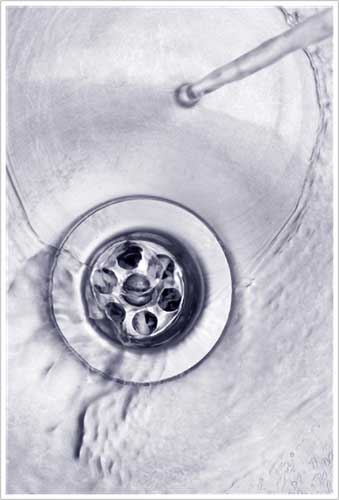
A clogged drain is more than an inconvenience, it’s a plumbing problem that can lead to burst pipes, significant water damage throughout your home, and costly repairs. Taking proactive steps to maintain clean, free-flowing drains is one of the most effective ways to protect your plumbing system and avoid emergency service calls.
Homeowners often turn to DIY solutions, such as a mixture of baking soda, white vinegar, boiling water, and dish soap, to prevent clogs in kitchen and bathroom sinks. While these remedies can help, consistent attention is crucial to preventing blocked drains, backups, and long-term issues with your drain line, sewer line, and septic system. Regular maintenance is essential for maintaining a clog-free system and preventing plumbing issues.
Below, we’ll cover the best ways to keep drains clean, including professional services, seasonal tips, and everyday habits that make a difference.
Common Problems Caused by Dirty Drains
Neglecting your drains can quickly lead to a host of plumbing issues. Here are the most common signs that your drains may need attention:
Bad Odors:
If your kitchen sink drain smells like rotten eggs or you notice a sulfuric odor coming from any of your drains, it’s a clear warning sign. These smells typically point to decomposing organic matter trapped inside the drain pipes, grease, food scraps, peels, soap scum, and other materials that go down kitchen drains, rotting and growing bacteria.
This buildup doesn’t just smell bad, it’s a red flag that a clog could be forming.
Clogged or Slow-Draining Fixtures
Do you have a tub, sink, or shower that empties slowly or keeps clogging? A sluggish drain often signals a partial blockage. Over time, hair, soap scum, toothpaste, and debris can accumulate, gradually slowing the water flow.
Eventually, these materials can completely obstruct the pipe, resulting in bacteria-filled standing water and potential damage to your fixtures. Addressing drain clogs early with the right cleaning tips can prevent more serious issues.
Plumbing System Damage
Just as your health can suffer from years of poor habits, your plumbing system can deteriorate if you neglect routine maintenance. Sludge, grease, and debris that go unchecked will accumulate and restrict the flow of wastewater. If you neglect to maintain your drain system, it can lead to irreversible damage, corrosion, and system failures.
Left unaddressed, this negligence can lead to pipe corrosion, burst lines, and extensive repairs, particularly in your main sewer line. Investing in preventative maintenance now can save thousands of dollars in repairs down the road.
Health and Sanitation Concerns
Clogged drains create the perfect breeding ground for mold, mildew, and bacteria—especially in warm, damp areas like kitchens and bathrooms. For individuals with asthma, allergies, or respiratory conditions, exposure to these contaminants can worsen symptoms and reduce indoor air quality. Standing water and organic buildup can also attract pests, such as drain flies, cockroaches, and rodents, introducing additional health risks to your household.
Maintaining clean drains isn’t just about protecting your plumbing; it’s also about protecting your health. It’s about safeguarding your home’s overall hygiene and your family’s well-being.
Keeping Your Drains Clean
There’s no single solution for clean drains, but there are proven strategies that work. A combination of professional help, proactive habits, and innovative alternatives to harsh chemicals will keep your plumbing system running smoothly.
Schedule Professional Drain Cleaning
For tough blockages or recurring clogs, the most-recommended gold standard method is professional hydro-jetting. A-1 Sewer & Septic Service uses high-pressure water to thoroughly eliminate grease, sludge, and other debris from your drain and sewer lines.
This method is safe, effective, and prevents the long-term damage associated with chemical cleaners.
DIY & Preventative Maintenance
Preventative care is essential, and many effective strategies are simple to implement. Machines called rooters can unclog drains, but there are also ways to keep drains clean to prevent clogs in the first place.
● Clean out debris and regularly rinse bathroom sink pop-up stoppers.
● Clear debris from shower/bathtub drains using a bent wire or brush.
● Collect cooking grease in a container and dispose of it in the trash, rather than pouring it down the drain or into the garbage disposal.
● Dispose of coffee grounds, eggshells, and fibrous food waste in the garbage rather than down the drain.
● Install a drain screen or strainer in sinks, tubs, and showers to catch food particles and hair.
Other techniques for keeping drains clean include:
● Brush your hair before showering to limit hair buildup in drains.
● Use a quality plunger or auger for minor clogs
● Run hot water down the drain after each use to help clear residue
● Clean your garbage disposal monthly with cold water and dish soap to prevent the buildup of grease and gunk in the pipes.
● Only flush toilet paper, never wipes, feminine hygiene products, paper towels, or other items that cause blocked bathroom drains.
Most professional plumbing services recommend avoiding chemical drain cleaners whenever possible. While store-bought drain cleaners, such as Drano, may offer short-term relief, the long-term consequences can be severe. These harsh chemicals can erode your pipes, leading to corrosion, leaks, and costly replacements.
Chemical drain cleaners may seem convenient, but they pose a serious risk to your plumbing system. Whenever possible, opt for mechanical tools or safe, natural alternatives.
Enzyme-based cleaners are a highly recommended, eco-friendly alternative to chemical options. These biological formulas digest organic waste without damaging your plumbing, making them ideal for regular maintenance.
For a cost-effective solution to drain cleaning, natural and mechanical solutions are often preferred. Most homeowners have the ingredients on hand for natural drain cleaners. One of the most effective home remedies combines a cup of baking soda with white vinegar. Pour them down the drain, allow the mixture to sit for 15–30 minutes, then flush with hot water. This natural method is one of the best ways to keep drains clean without introducing toxic chemicals.
Proper Garbage Disposal Care
Your garbage disposal plays a vital role in your kitchen, but it only works effectively when used correctly. To keep your garbage disposal running smoothly and to prevent clogs and damage:
● Avoid grinding fibrous foods (such as celery), starches (like pasta), and greasy foods. Potato peels, celery, and pasta can tangle or swell, leading to blockages.
● Always run cold water during and after use to help solidify fats and facilitate their passage through the system. In contrast, hot water can melt and soften grease, encouraging it to coat the disposal’s interior and contribute to buildup over time.
● Rinse the disposal with cold water and dish soap once a month. While boiling water can help rinse grease out of the rest of your plumbing, it’s best to use cold water when actively running the disposal.
● For deep cleaning, use a cup of baking soda, followed by white vinegar. Let the mixture sit for a few minutes before flushing with hot water.
Seasonal Plumbing Tips to Keep Drains Clear and Prevent Clogs
During the holidays or busy cooking seasons, it’s especially important to keep up with disposal care and schedule maintenance to ensure everything stays in proper working order.
Higher household traffic during holidays and large gatherings can put extra strain on your plumbing. These seasonal practices can help keep your drains flowing smoothly:
● Avoid overloading the garbage disposal during gatherings
● Stagger showers, laundry loads, and dishwasher use to reduce system stress and maintain steady water pressure
● Use drain screens in bathrooms to trap hair and soap residue.
● Perform monthly drain cleanings using a mixture of baking soda, white vinegar, and hot water.
● Schedule a drain line inspection and drain cleaning before hosting a big event.
These proactive habits can make a significant difference in avoiding emergencies and maintaining clean drains year-round.
Know When To Call A Professional Plumbing Service
You can address many clogs with DIY solutions, but some problems require expert attention. If you’ve tried multiple methods and your drains are still slow, backed up, or producing foul odors, it’s time to call in the professionals. Use a highly recommended plumbing service to ensure a healthy and clean plumbing system.
A-1 Sewer & Septic Service offers fast, effective, and affordable drain cleaning throughout the Kansas City metropolitan area. We’re available for scheduled maintenance, as well as same-day and last-minute service, including evenings, weekends, and holidays.
Don’t wait for a plumbing emergency. Let a professional plumber take care of you and your loved ones. Call A-1 at 913-412-2965 to schedule service and restore peace of mind in your home.

